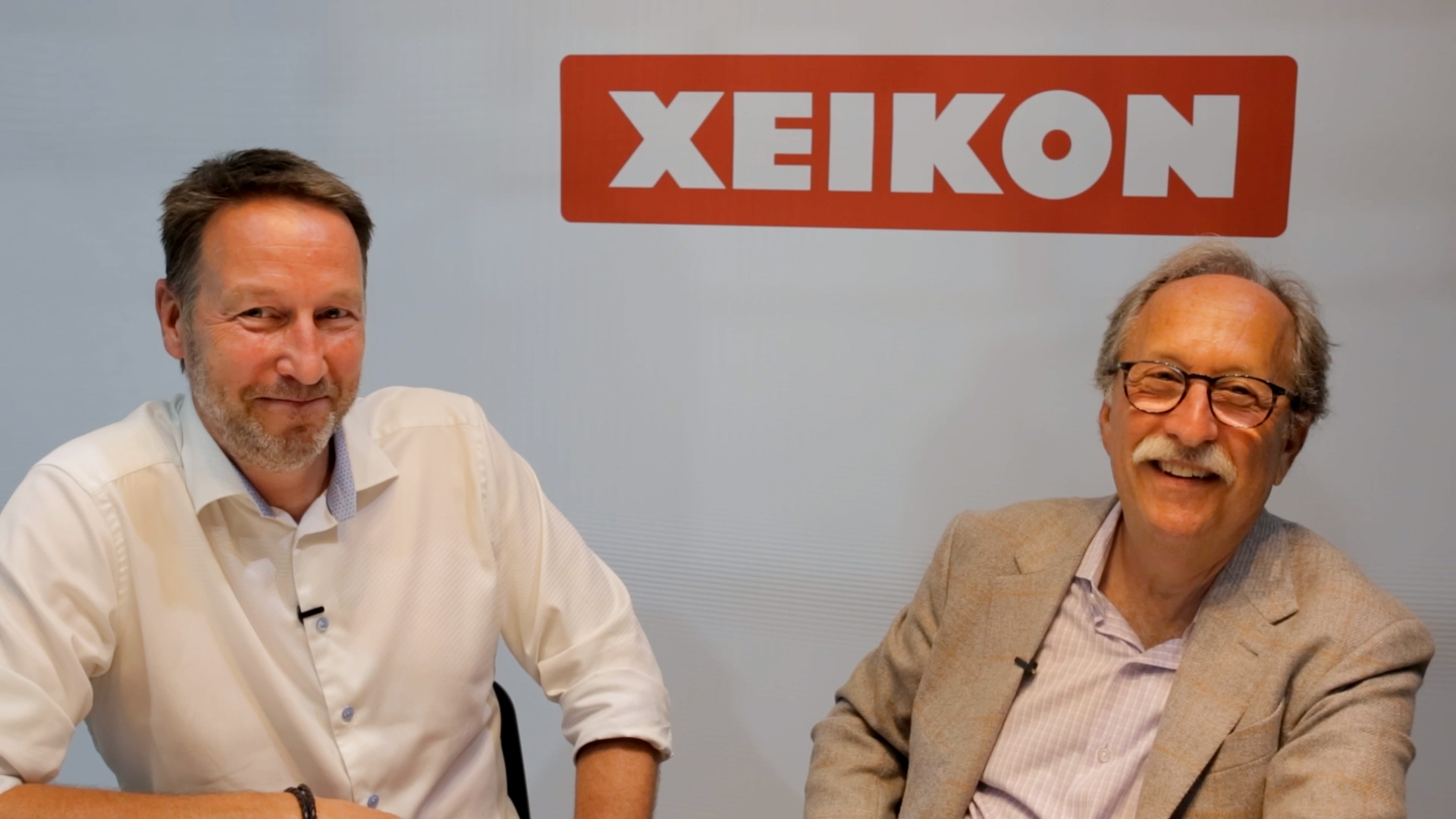2023 and Packaging: What Has Ecoveritas Seen So Far
Press release from the issuing company
By Elena Rotzokou, Global EPR Researcher
Glad tidings often follow trials; many auspicious negotiations nestle an ultimatum; great rewards are inextricable from great risks; and environmental action comes with legal obligations. The world has welcomed 2023 with enormous anticipation as much as pressing demands for concerted climate action, a great portion of which involves the complex world of packaging. From sweeping bans to labelling specifications, the European packaging field is transforming rapidly as more and more governments are recognising the long-term benefits of EPR. It is only the first month of a new year and a dizzying number of laws are already in force.
Several countries have taken their turn in transforming EU directives on single-use plastics into domestic laws. As of the first day of the new year, Andorra has banned such products as plastic straws and polystyrene containers to promote reusable alternatives. France’s Environment Code has entered a new phase as throwaway boxes and single-use cutlery are now banned from restaurants and cafes, joining in the Code’s various measures to eliminate nation-wide use of single-use products since 2021.
Since the 5th of January, Italy has initiated the first stage of its EPR requirement for manufacturers and importers of designated single-use products, with producers and distributors of disposable plastic tobacco filters being now obligated to implement a producer responsibility scheme and undertake relevant awareness campaigns; a similar requirement has been enforced in Cyprus as part of an amendment to the country’s Law on Waste. Transposing EU into domestic law, Poland has amended its act on the management of packaging and packaging waste to charge producers with a packaging fee and require each single-use plastic product to bear a visible and indelible mark.
Yet more laws and amendments are in place. Spain’s much-awaited Plastic Tax is now in force, and 0.45 euros are due on any non-recycled plastic contained in non-reusable packaging, semi-finished plastic products, and products containing plastic intended to allow the closure, marketing, or presentation of non-reusable containers. Germany’s major packaging act, VerpackG, has mandated that retailers, restaurants, and distributors of “to-go” food delivery offering plastic food packaging and beverage cups inform consumers of reusable options for takeaway meals and drinks that can replace single-use packaging. Going a step further, Luxembourg’s amendment to the Law on Waste requires restaurants to serve meals and drinks consumed on-site in reusable containers and with reusable cutlery.
Greece has officially extended the scope of its existing EPR scheme to additional disposable plastic products, such as beverage cups and food containers, as well as requiring producers to participate in or organise a Collective Alternative Management System for packaging waste. Hungary has prohibited all beverage cups from being placed on the market and single-use plastic fast food containers from being offered to consumers free of charge.
Italy has amended its 2020 decree on labelling to obligate producers of all types of packaging to indicate the relevant material through an alphanumeric code. As per the Netherlands’ Packaging Management Decree, manufacturers and importers of fast-food containers, plastic and composite beverage containers, cups, lightweight carrier bags, and pouches and wrappers made of flexible material containing foodstuffs for immediate consumption are obligated to cover, in addition to EPR fees, the costs of raising consumer awareness around littering incurred by single-use packaging.
In addition to these major changes, more laws have been enforced with the advent of 2023 and further legislation is expected to roll in within the next weeks and months. Although this legal onrush is an exciting sign of a timely rise in environmental awareness across Europe, making sense of the logistics behind how obligated companies are from now on expected to design and distribute their products on a day-to-day basis can be daunting. If you expect your company to be impacted by sweeping shifts in 2023’s packaging world, reach out to Ecoveritas and our global EPR team will advise you on your obligations.
Get in touch with us today to learn more about our exclusive EPR Matrix. Please speak to one of our advisors on +44 (0)1865 502176 or email us at [email protected].
- Innovations in Inkjet for Textile Production – live webinar
- Buying Inkjet Part 1: Does This Printer Make Me Look Good?
- LabelExpo 2023: Launches and Trends – Part 2
- Driving profitability with cut-sheet inkjet
- Zero Trust Environments for Inkjet Printing
- Kevin Roman on the evolution of professional services needs
- LabelExpo 2023: Launches and Trends – Part 1
- Inkjet Gets into “Hard Core” Applications
© 2023 WhatTheyThink. All Rights Reserved.









Discussion
Join the discussion Sign In or Become a Member, doing so is simple and free